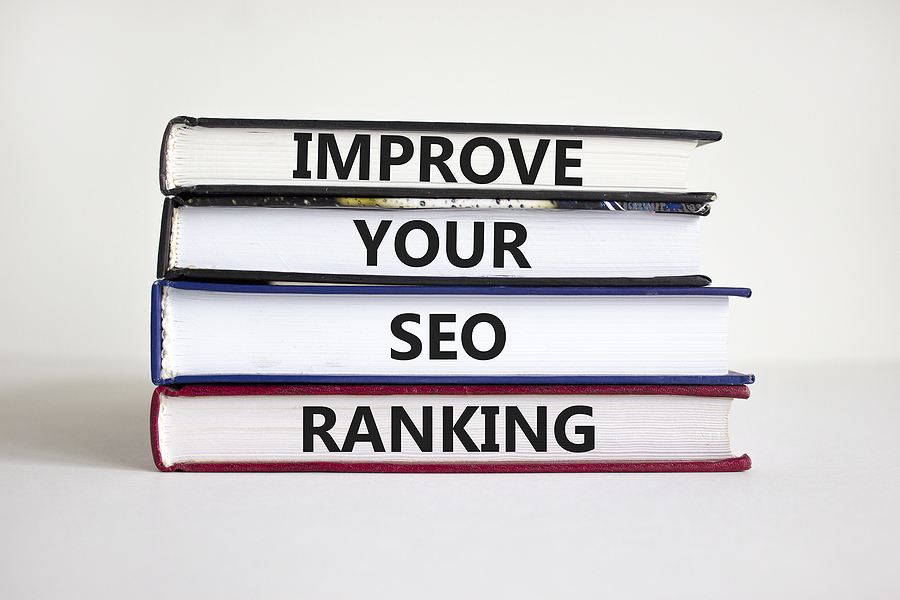In the world of digital marketing, search engine optimization (SEO) plays a crucial role in driving traffic and improving the visibility of your website. Optimizing your web pages can help you rank higher on search engine results pages (SERPs) and attract more organic traffic.
In this article, we’ll explore some effective tips for optimizing pages to achieve great SEO.
Conduct Keyword Research
Keyword research is the foundation of any successful SEO strategy. Identify the relevant keywords and phrases that your target audience is using to search for your products or services. Use keyword research tools to analyze search volume, competition, and relevance. Incorporate your target keywords into your page’s title, URL, headings, meta descriptions, and content. However, avoid overstuffing your content with keywords, as this can result in a penalty from search engines.
Optimize Your Page’s Title and Meta Descriptions
Your page’s title and meta description are two of the most important elements for optimizing your web pages for SEO. Use your target keyword in your page’s title and make sure it accurately reflects the content of your page. Your meta description should be a brief summary of your page’s content, including your target keyword. This will help search engines and users understand what your page is about and improve its click-through rate.
Create High-Quality Content
Creating high-quality content is essential for attracting organic traffic and improving your page’s SEO. Use your target keywords in your content but aim to write for your readers, not just for search engines. Make sure your content is informative, engaging, and relevant to your target audience. Use headings, subheadings, and bullet points to make your content scannable and easy to read. Aim to create evergreen content that will remain relevant and useful to your readers over time.
Improve Your Page’s Load Speed
Page load speed is a crucial factor for improving your page’s SEO. A slow-loading page can result in a high bounce rate and reduce your page’s visibility on SERPs. Use page speed tools to analyze your page’s load speed and identify areas for improvement. Compress your images, use a content delivery network (CDN), and minimize HTTP requests to improve your page’s load speed.
Use Internal and External Links
Using internal and external links can improve your page’s SEO by providing context and authority. Internal links can help search engines understand the structure of your website and improve navigation for users. External links can provide valuable information and resources for your readers and demonstrate your page’s authority and credibility.
Optimizing your web pages for SEO is essential for improving your visibility, attracting organic traffic, and driving conversions. By conducting keyword research, optimizing your page’s title and meta descriptions, creating high-quality content, improving your page’s load speed, and using internal and external links, Keyword Performance can improve your website’s SEO. Want to achieve great results for your business? Give us a call today!
 logo
logo
